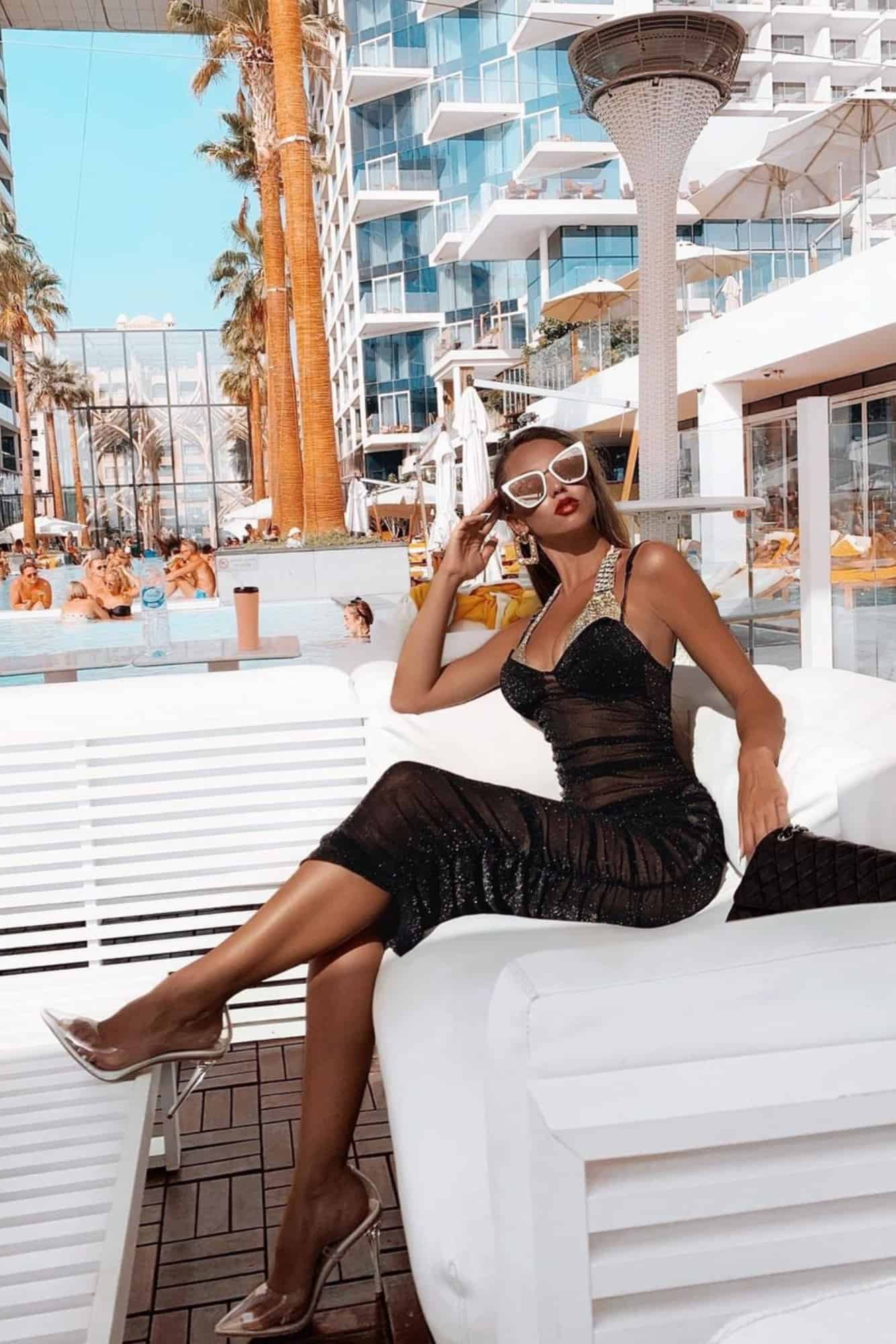An unwanted title just hit the UAE’s influencer community: For the first time ever, social media influencers rank in the top five professions with the “worst reputation” in the Emirates. A study from Insight Discovery reports that 25% of UAE residents find them untrustworthy, which puts them in fourth place, tied with (shudder) estate agents.
First place went to recruiters, who received a glowing defence from Insight Discovery’s CEO Nigel Sillitoe. Influencers did not get the same treatment. “I’m not surprised to see a quarter of UAE residents citing social media influencers as having the worst reputation,” he told the Economic Times. “It isn’t always clear when influencers are being paid to promote products and this lack of transparency leads to a lack of trust.”
Essentially, it’s the same critique that’s framed the global influencer industry since its birth. That’s why regulator boards like the Advertising Standards Authority exist, and why the UAE introduced the requirement for all creators to purchase licences and started enforcing fines of up to 500,000 AED (£108,800) for “misleading” content – in order to legitimise the work of influencers.
That makes them more trustworthy in the eyes of the law, yes. But why doesn’t it translate into trust with their audiences? I don’t think it’s for the reason most would believe. An influencer could tag every piece of sponsored content with #ad, but that wouldn’t change the fact that local audiences aren’t following influencers for trust or relatability – they’re following them for entertainment.
You may also like
We’ve heard time and time again that, at least in Dubai, most influencers succeed thanks to people who want to take a peek into the city’s luxe reputation. We’ve also heard that micro-influencers – who audiences typically trust more than their macro or mega counterparts – are scarce, leaving most of the heavy lifting to those with followings in the hundreds of thousands and above.
Their content isn’t so much about the personality or relatability, but an aesthetic, showstopping hook. There’s a reason why Tarte Cosmetics spent millions flying influencers out to the desert to promote a foundation. Audiences don’t engage with someone sharing their authentic thoughts on the product from their bedroom, they engage with aesthetic, showstopping content.
But that doesn’t mean they trust the content they’re seeing. As with any kind of entertainment, it’s unsurprising that audiences in the UAE take social media content with a grain of salt. They know it’s not natural, they know it’s a little bit staged – but when it’s that entertaining, who cares?
Sure, statistics like this are disheartening to an industry that’s spent years fighting for its legitimacy. However, the reality is that a lot of influencers in the UAE operate on a different kind of trust with their audience. Their audiences trust them to deliver entertainment, and, in the end, that’s what converts – Tarte saw its earned media value jump from US $10.9 million (£8.7 million) pre-influencer extravaganza to US $19.4 million (£15.5 million). Bigger is always better.
By Chloe James, Middle East correspondent for CORQ.










Johnny Depp joins TikTok and gains 8.4 million followers in 72 hours